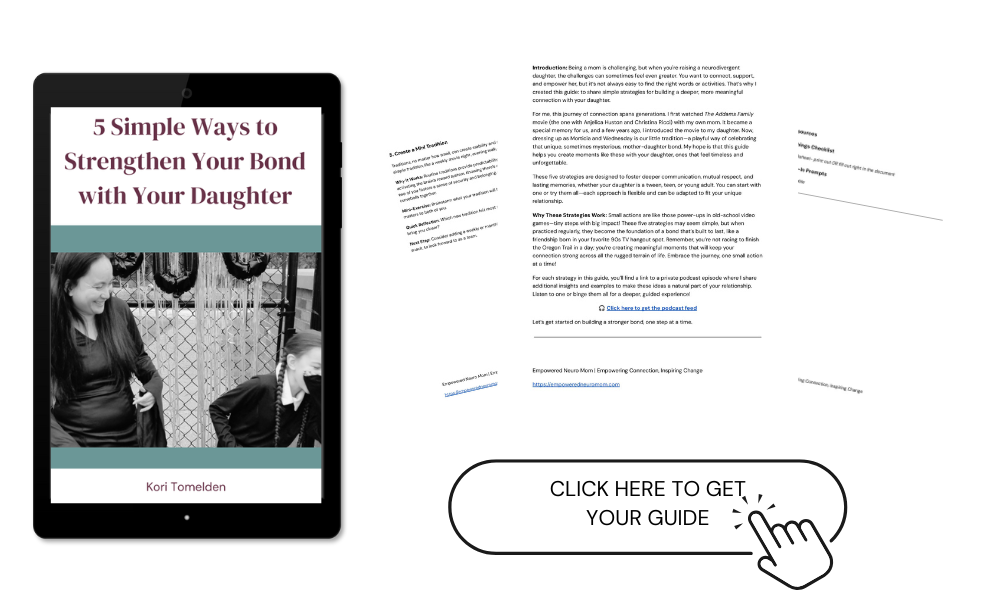Burnout is a reality that many moms face, and for neurodivergent moms, the journey can feel particularly exhausting. With so many responsibilities and unique challenges, it’s easy to reach a point where everything feels overwhelming, like trying to beat the final level of a video game on the last life. But here’s the truth: acknowledging burnout isn’t a sign of failure; it’s a sign that you’ve been giving all you have. And sometimes, what you really need is permission to rest and recharge.
Here are a few ways to approach burnout with self-acceptance, compassion, and the understanding that you don’t need to do it all—because what you’re already doing is “good enough.”
- Recognize Burnout as a Signal, Not a Personal Failure
Burnout can make you feel like you’re not keeping up, but in reality, it’s simply your body and mind signaling that they need a break. Remember The Legend of Zelda? When you’re low on hearts, it’s not because you’ve failed the game; it’s a reminder to replenish. Burnout is your reminder to step back, refuel, and find balance. Give yourself permission to rest, knowing that it’s a necessary part of taking care of yourself. - Make Rest a Priority, Not an Afterthought
Rest doesn’t just happen in the background of productivity; it’s an essential piece of well-being. Start viewing rest as a non-negotiable part of your life, not something you have to “earn.” This might mean taking five minutes to yourself, saying no to an extra commitment, or giving yourself an early night. Rest isn’t just about recharging—it’s a way to show yourself kindness, a reminder that you deserve care too. - Embrace the Idea of Self-Acceptance as a Strength
In a world that often tells us to “push through,” embracing self-acceptance is a revolutionary act. Allow yourself to acknowledge your limits without judgment. Think of it like the Oregon Trail—knowing when to slow down, conserve resources, and rest is what gets you to the end of the journey intact. Self-acceptance doesn’t mean settling; it means honoring where you are and treating yourself with the compassion you’d give to anyone else in your life. - Seek Support That Feels Right for You
Finding support doesn’t mean you have to share everything with everyone. Support can look like a trusted friend, an online group, or even just one person who understands your journey. Having someone to connect with, even briefly, can ease the weight of burnout and help you feel seen. Sometimes, a quick chat with someone who “gets it” can be as refreshing as a power-up that restores your energy. - Practice Small Acts of Self-Compassion Daily
Burnout recovery isn’t an overnight process, but small acts of self-compassion can help along the way. Whether it’s a quiet moment with your favorite coffee, listening to an old 90s playlist (hello, Nirvana or No Doubt), or simply reminding yourself, “I’m doing my best,” these small gestures add up. Self-compassion is about giving yourself grace and remembering that you’re worthy of the same care you offer others.
Moving Forward with Self-Acceptance and Rest
Burnout is a reminder, not a roadblock. By acknowledging when you need rest and practicing self-acceptance, you’re building resilience and creating space for a healthier balance in your life. Every time you honor your needs, you’re taking a step toward a sustainable journey of neurodivergent motherhood.
If you’d like more ways to connect with your daughter while also honoring your needs, check out my free guide, 5 Simple Ways to Strengthen Your Bond with Your Daughter. These simple, connection-focused ideas can bring joy to both of you, no matter what energy level the day may bring.



Comments